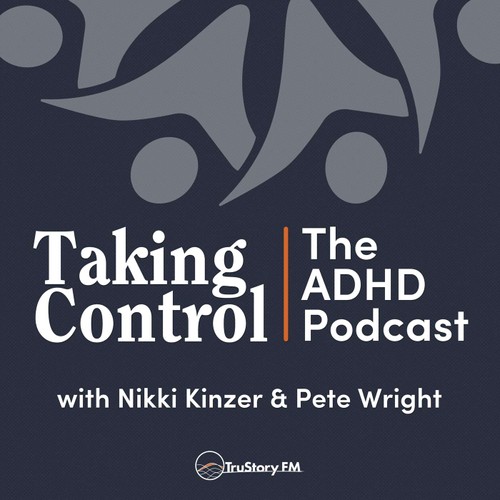
 Taking Control: The ADHD Podcast
Taking Control: The ADHD Podcast Balancing the ADHD Underwhelm-Overwhelm Scales with Brooke Schnittman
25 snips
Aug 15, 2024 Brooke Schnittman, an ADHD coach with a background in education, delves into the emotional dynamics of overwhelm and underwhelm faced by individuals with ADHD. She highlights how boredom often stems from burnout and the significance of breaking tasks into manageable steps. The conversation covers executive function deficits, basic self-care needs, and the importance of self-awareness in navigating these challenges. Brooke shares practical strategies to regain momentum and foster self-compassion, making it a valuable resource for those seeking balance in their ADHD journey.
Chapters
Transcript
Episode notes
1 2 3 4 5 6 7
Intro
00:00 • 3min
Journey from Education to ADHD Coaching
02:33 • 2min
Navigating ADHD: Overwhelm and Underwhelm
04:18 • 12min
Navigating Executive Function and Emotional Dynamics
16:47 • 21min
Unlocking ADHD Potential: A Journey Through Writing and Self-Discovery
37:44 • 2min
Navigating Procrastination and Burnout Strategies
39:23 • 2min
Navigating Entrepreneurship with ADHD: A New Book Announcement
41:26 • 2min
